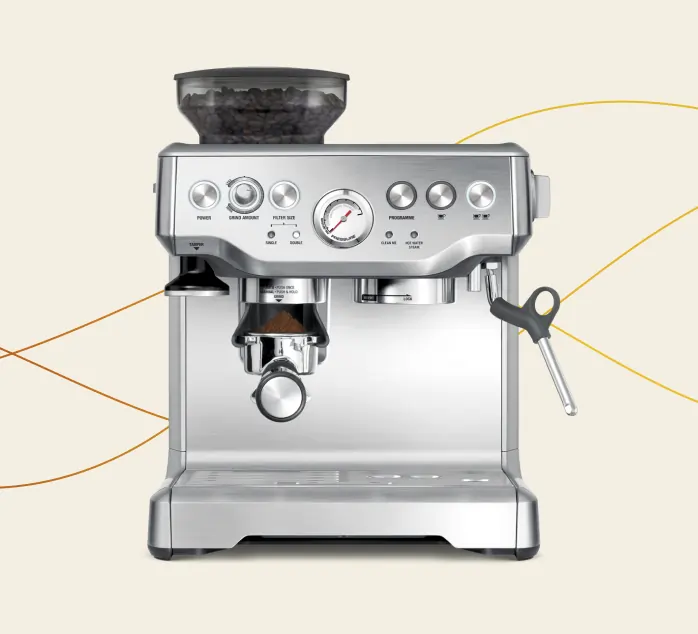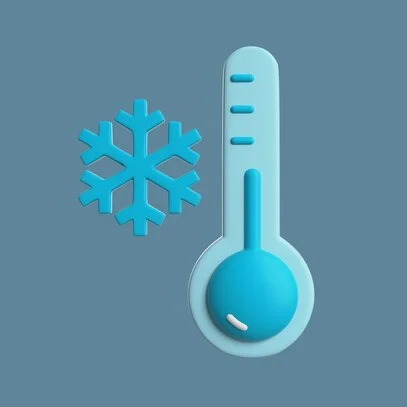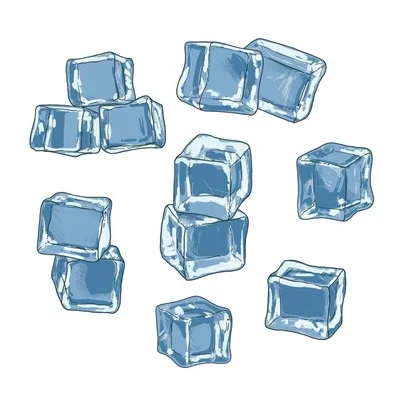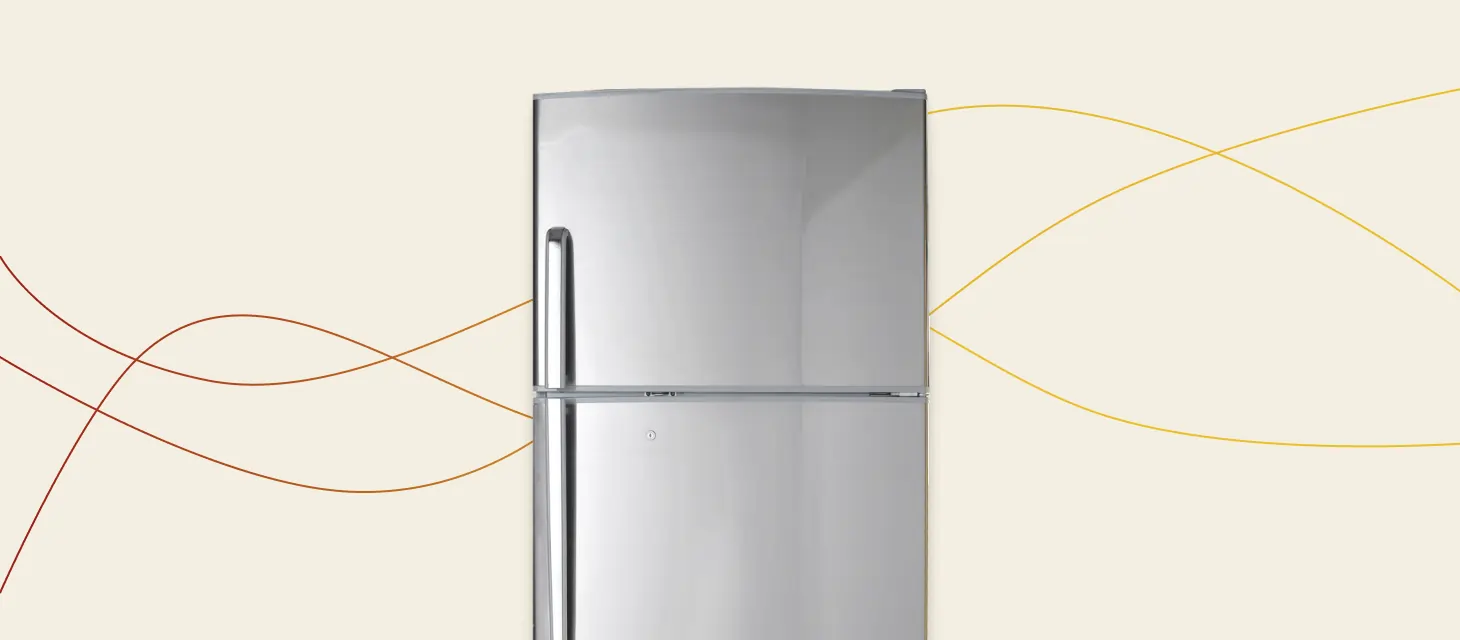
Finding out that your fridge is not running as it should is highly frustrating. To help you understand when you can fix an issue on your own and when you have to turn to professional fridge repair, we prepared a complete guide on the most common domestic fridge problems.
Table of contents
- Fridge not getting cold
- Fridge or fridge freezer not working
- Fridge is freezing food
- Water in the bottom of the fridge
- Fridge is leaking water onto the floor
- Noisy fridge
- Conclusion
Fridge not getting cold
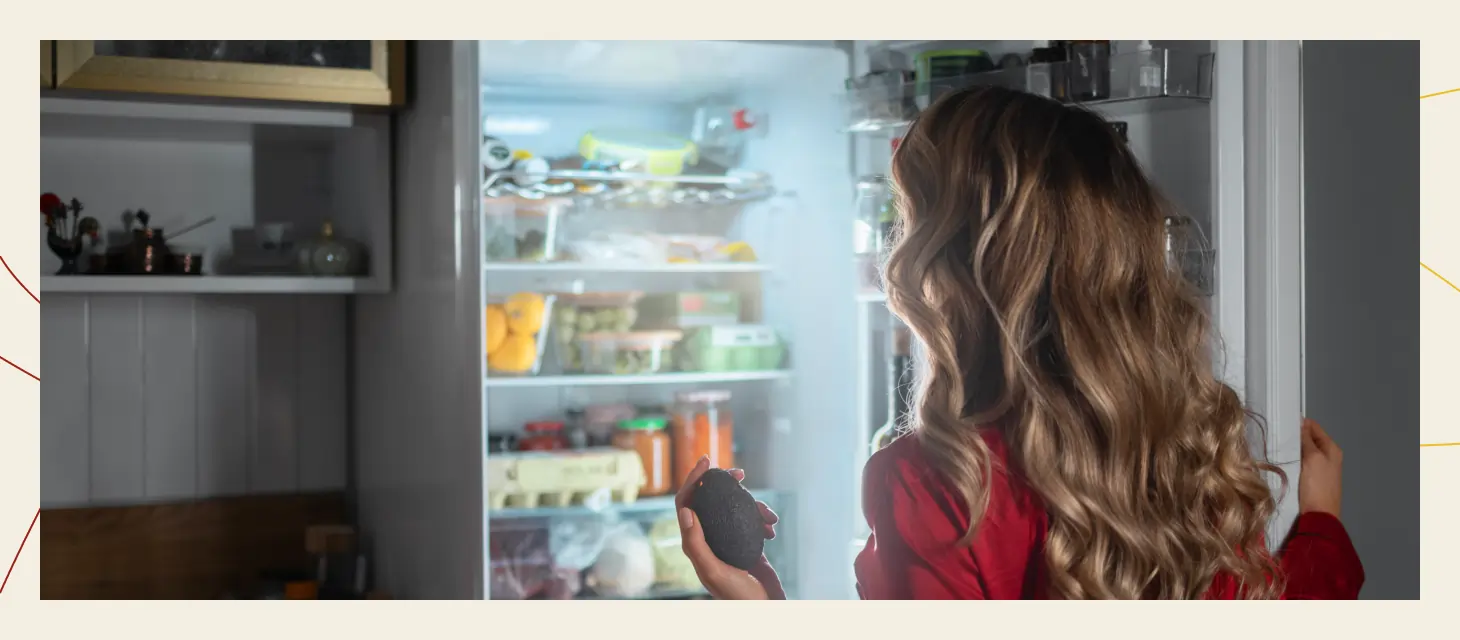
To better understand why your fridge is not getting cold enough, identify first which of the following situations is your case.
Fridge not getting cold but the freezer is fine
If the fridge compartment is the only one that is not getting cold enough, the list of possible issues includes as follows:
- Overloading with goods (air cannot circulate sufficiently inside the fridge compartment)
- Too low settings (especially actual for appliances with dual temperature control)
- Faulty evaporator fan (cannot provide sufficient air circulation)
- Issues with temperature control – faulty thermostat or temperature PCB
- Improper door sealing due to dirty or worn-out door gaskets (in case the compressor isn’t powerful to compensate for warm air influx sufficiently).
- Faulty damper control or blocked air vents – for single-compressor units (air cannot circulate sufficiently properly between the compartments)
- Compressor failure – for dual-compressor units
Both the fridge and freezer not getting cold enough
If both unit compartments are not getting cold enough, there could be the following problems:
- Too low settings (at the highest temperature)
- Dirty condenser coils (prevent sufficient heat release)
- Temperature control system (faulty sensor, timer, or temperature PCB)
- Faulty compressor (refrigerant is not transported through the system sufficiently)
Fridge freezer not getting cold but the fridge is fine
This case is rare for single-compressor fridges. However, if this occurs, the causes could be as follows:
- Poor door sealing (results in warm air inflow)
- Leaking refrigerant (low refrigerant charge is not sufficient for chilling but enough for cooling)
- Too low settings for the freezer compartment (actual for dual temperature control)
- Failure of temperature control system (actual for dual temperature control)
- Faulty freezer compressor (actual for the dual-compressor appliance)
Troubleshooting tips
Depending on the case, there could be different troubleshooting steps. Note, here and further, always start with the simplest steps that may help to troubleshoot the most possible issue. And then, if this doesn’t help, move to more complicated activities.
Here is the list of fixes you can do yourself:
- Adjust temperature settings to higher ones
- Clean or replace door gaskets
- Clean dirty condenser coils
- Clean air vents
For all the other issues, turn to professionals as fixing such refrigerator issues requires expert knowledge and skills. For example, on our website, you can quickly find a repair company in London.
Fridge or fridge freezer not working
Here, we are talking about the case of completely not working. That is to say, your unit or one of its compartments remains warm after hours of waiting. The cause could be as follows:
- Appliance is turned off
- Appliance is unplugged
- Faulty power cord
- Compressor failure
If any of the first three bullet points is the case, the appliance is not working as a whole. There would be no light when you open it no typical buzzing sound of the running compressor.
If you have a dual-compressor unit and its fridge is not working but its freezer is fine, the fridge compressor could be to blame. In the other case, if the freezer is not working but the fridge is fine, the freezer compressor could be the culprit.
Troubleshooting tips
First, check if the appliance is turned off and press the power button to turn it on, if necessary. If this doesn’t help, check if the appliance is unplugged and fix this, if it is.
To replace the power cord or fix an issue with the compressor, turn to an appliance engineer.
Fridge is freezing food
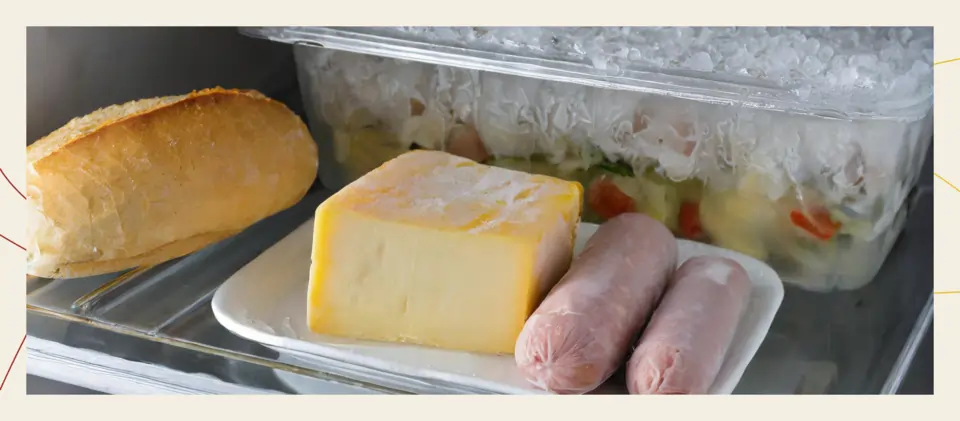
If your fridge is freezing food, pay attention to what exact area it occurs. To clarify, depending on the area, there could be different problems with your fridge (or even no problem at all):
- Deep inside – dirty or worn-out door seals
- When goods lean to the back wall – issues with the defrosting system
- In the vegetable basket – issues with the evaporator fan or fridge freezer damper
- Everywhere – too high settings, continuously enabled ice maker, faulty thermostat or control board (PCB)
Troubleshooting tips
First, check the setting and select a lower setting (which is at a higher temperature). If your fridge is freezing food on the lowest setting, and you suspect poor door sealing, clean the seals and inspect for cracks and other signs of deterioration. If this is the case, replace the seals.
If nothing of these helps, contact a fridge repair engineer as all the other refrigerator issues of the question are not for DIY troubleshooting.
Water in the bottom of the fridge
Water in the bottom of the fridge is always a result of water condensation accumulation inside the unit. Instead of its proper drainage through the drainage hole located at the fridge compartment bottom, right behind the vegetable drawers.
There could be two different causes here:
- Blocked drain hole
- Poor unit levelling
To clarify, a blocked drain hole doesn’t let the condensation flow away from the fridge compartment. While improper levelling doesn’t let it even get to the hole, making water accumulate at the unit’s bottom corner.
Troubleshooting tips
This is one of the fridge problems you can fix yourself. First, wipe off water accumulated in the fridge bottom. Then troubleshoot the issues.
If it’s the drain hole blocked with some food particles or slime, unblock it by cleaning with a cotton bud. If it is improper leveling, adjust the fridge leveling legs. To control the unit tilt, put on the fridge compartment bottom the bubble level or simply a large bowl filled with water.
Fridge is leaking water onto the floor
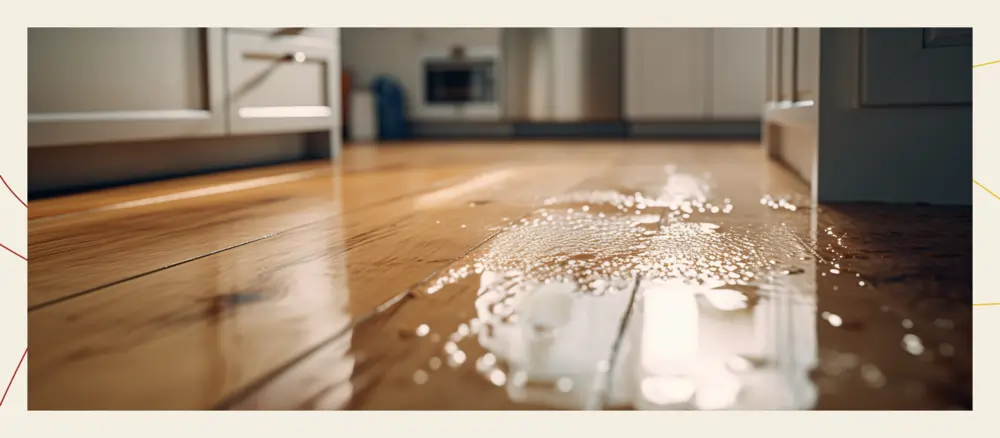
‘Why is my fridge leaking water onto the floor?’ – is this a question you are asking yourself when discovering a water puddle under your unit? The causes here can vary depending on the unit type:
- Any fridge– cracked drip pan or blocked defrost drain line
- Top-freezer units – poor levelling or the blocked drain hole
- Bottom-freezer units – melting ice in the freezer due to low refrigerant charge or faulty temperature control system or compressor
- Units with a water line – faulty water inlet valve or water line, old water filter or its poor connection
Is a fridge leaking water dangerous? In terms of explosion risk, a leaking fridge presents no danger. However, water puddles may damage your flooring or provoke your slipping.
Troubleshooting tips
For top freezer fridges:
- To troubleshoot excessive water condensation accumulation clean the drain hole or level the unit.
For bottom freezer fridges:
- Freezer failure is a serious issue that requires professional repair. So, turn to professionals.
For fridges with a water line:
- Re-install the filter to ensure its good connection
- Replace the old filter ensuring proper connection
- Unplug the fridge and inspect the water inlet valve and water line. Replace them, if necessary.
For any fridges:
- Pull out the drip pan out of the de-energized unit, clean it, inspect it for visible cracks, and replace if any
- Inspect the drain hole opening for any restriction and remove it, if any, using a cotton bud or a needle
- To clean the blockage that is inside the defrost drain tube, pump the tube from its end with compressed air using a bicycle pump.
Noisy fridge
To understand why your fridge or fridge freezer is making a noise, identify where the noise is coming from. The noise coming from the fridge’s inside is a result of the failing evaporator fan or its damaged blades. The cause of the noise coming from the fridge’s back depends on the sound type:
- Intense buzzing – dusty condenser coils
- Ticking sounds just once or twice a day – faulty defrost timer
- Clicking or rattling sounds – faulty condenser fan or damaged fan blades
- Load intense buzzing as if struggling – faulty compressor or clogged condenser coils
Is a noisy fridge dangerous? In short, yes, if the fridge condenser coils are clogged, there could be a risk of refrigerant explosion. So, the most dangerous sounds are loud intense buzzing sounds as if it is struggling.
Troubleshooting tips
From all the noisy fridge problems, DIY troubleshooting is available for dusty condenser coils. Consider intense buzzing sounds as a sign it is high time to undertake fridge maintenance and clean the coils.
For all the other noisy fridge issues, we recommend turning to professionals.
Conclusion
Note, this guide is only for the informative purposes. With all the issues, we recommend turning to an appliance engineer for expert advice and assistance.
Also, we highly recommend not neglecting regular fridge maintenance. This not only prevents problems resulting from dirty or worn-out door seals and dirty condenser coils directly but also prevents issues with the compressor itself as it does not have to run at the highest load and has got all the chances to serve you as long as it should.
